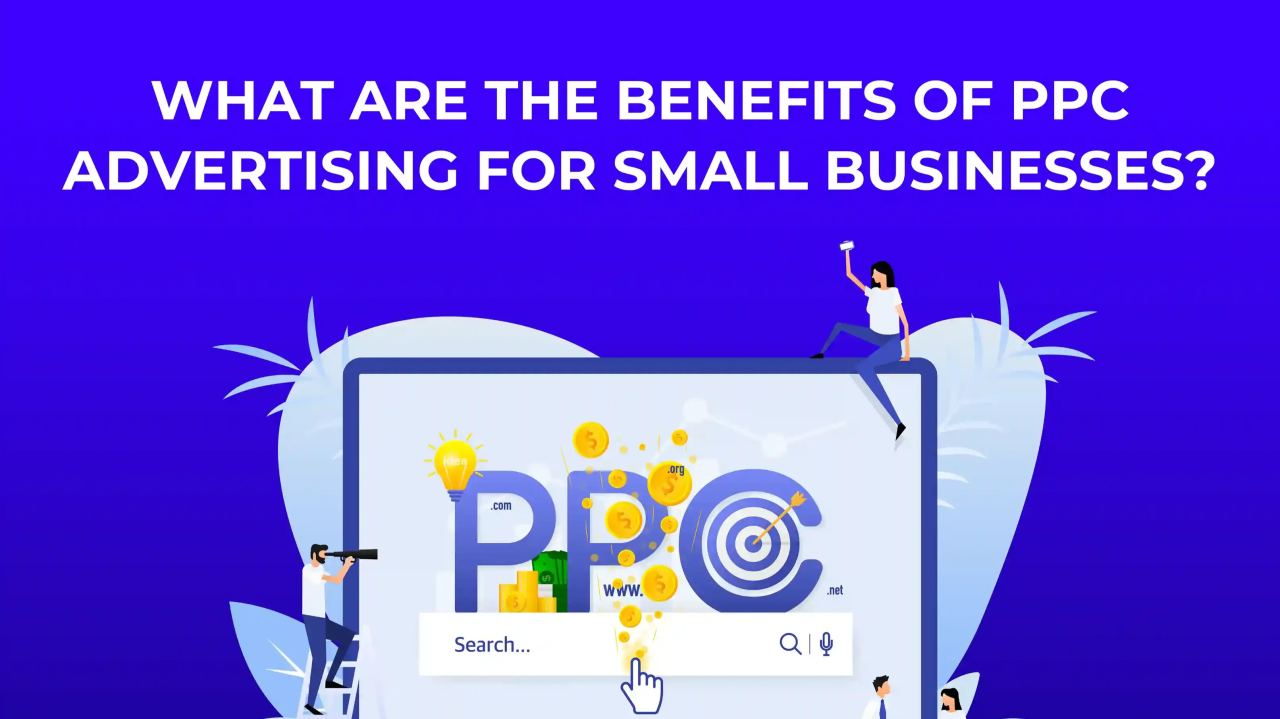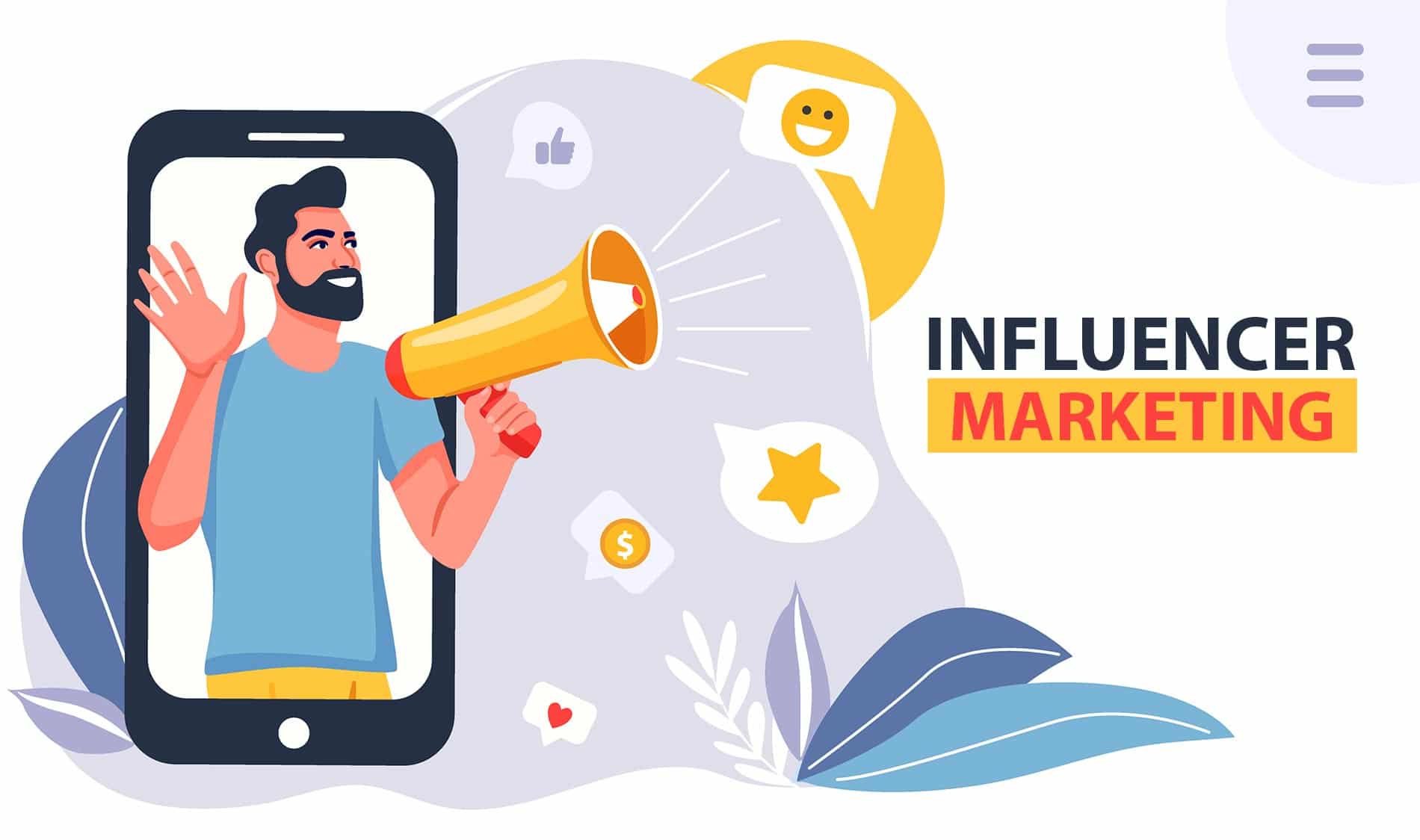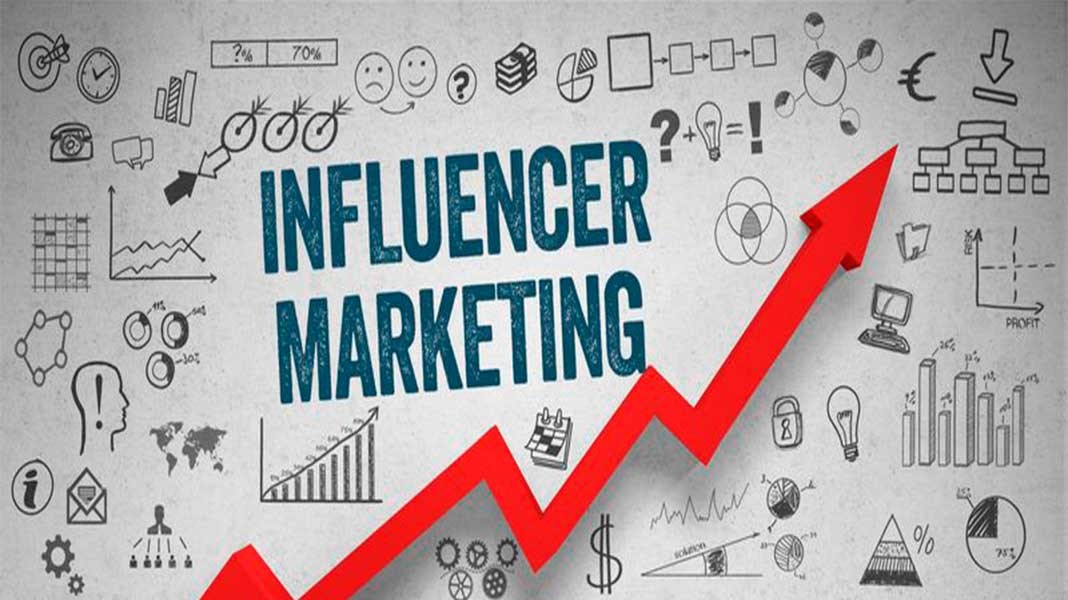The Power of PPC: Why It’s a Smart Move for Small Businesses
In the digital world, small businesses often face a tough challenge—getting noticed without breaking the bank. That’s where PPC (Pay-Per-Click) advertising steps in. It’s a marketing strategy that helps businesses of all sizes compete for visibility, leads, and customers—even on a tight budget.
Let’s break down why PPC is an ideal choice for small businesses looking to grow in a competitive online space.
What is PPC Advertising?
PPC stands for Pay-Per-Click, a form of online advertising where you pay only when someone clicks your ad. These ads are often seen on search engines like Google and Bing, or on social media platforms such as Facebook and Instagram.
You select keywords or audience demographics, create your ad, and set a budget. Your ad shows up when someone searches for related terms or matches your target profile. The best part? You’re only charged when someone clicks and shows interest.
1. Fits Small Budgets Perfectly
PPC doesn’t require a huge investment to get started. You can begin with a small daily budget and scale your spending as you see results. Whether it’s ₹300 or ₹3,000 per day, you stay in full control of your budget and expenses.
This flexibility allows small businesses to experiment without financial pressure, making PPC an excellent entry point into digital marketing.
2. Quick Results, Fast Exposure
Unlike SEO, which can take months to gain traction, PPC offers immediate visibility. Once your campaign is live, your ad can appear in front of users within hours. This is a great advantage for promoting time-sensitive offers or launching new products.
For businesses looking for fast traffic and quick wins, PPC delivers almost instant performance.
3. Hyper-Targeted Advertising
With PPC, you’re not shouting into the void—you’re speaking directly to people most likely to be interested in your product or service. You can target:
- Specific locations (even down to pin codes)
- Devices like smartphones or desktops
- Audience interests and browsing behavior
- Demographics such as age and gender
- Time-based preferences (e.g., only show ads during business hours)
This precise targeting ensures your budget is being spent efficiently on potential buyers, not random clicks.
4. Drives Qualified Leads
One of the strongest reasons to use PPC is the quality of traffic it delivers. Unlike broad reach advertising, PPC targets users who are actively searching for something you offer. These are warm leads—people with intent—making them more likely to convert into customers.
This means fewer wasted clicks and a better return on your investment.
5. Transparent and Measurable Performance
PPC platforms offer detailed insights into every click, view, and conversion. You’ll know exactly what’s working and where to improve. With metrics like:
- Click-through rate (CTR)
- Cost per click (CPC)
- Conversion rate
- Ad relevance scores
…you can fine-tune your campaigns over time and eliminate underperforming ads.
For small businesses, this level of transparency is incredibly useful. You can adjust quickly and avoid pouring money into strategies that don’t work.
6. Builds Local and Brand Visibility
For small or local businesses, appearing at the top of search results—even with an ad label—can create strong visibility and credibility. Even if someone doesn’t click, your business name is seen repeatedly, helping build brand recognition over time.
You can also tailor your campaigns to local customers who are most likely to visit your store or call your business directly.
7. Compete Without a Huge Team
Big companies may have bigger marketing teams, but PPC allows you to compete based on relevance and quality, not just budget. Google and other platforms prioritize ads that are useful and relevant to users, which gives small businesses a real opportunity to shine.
With the right keywords and compelling ad copy, a small business can appear alongside major brands and attract just as many clicks—if not more.
8. Works Well With Other Marketing Tactics
PPC complements your other digital marketing strategies. You can:
- Test which keywords convert well before targeting them in SEO
- Run remarketing campaigns to bring back past website visitors
- Drive traffic to landing pages used for lead magnets or email sign-ups
It acts as both a standalone channel and a powerful addition to your overall marketing plan.
Conclusion: PPC is a Smart Bet for Small Businesses
PPC gives small businesses the tools to promote themselves in a controlled, targeted, and measurable way. From generating traffic quickly to refining strategies based on real-time data, PPC offers a strong return on investment—even with modest budgets.
If you’re a small business looking to expand your reach and drive real, trackable results, PPC could be one of the most effective strategies you implement this year.




